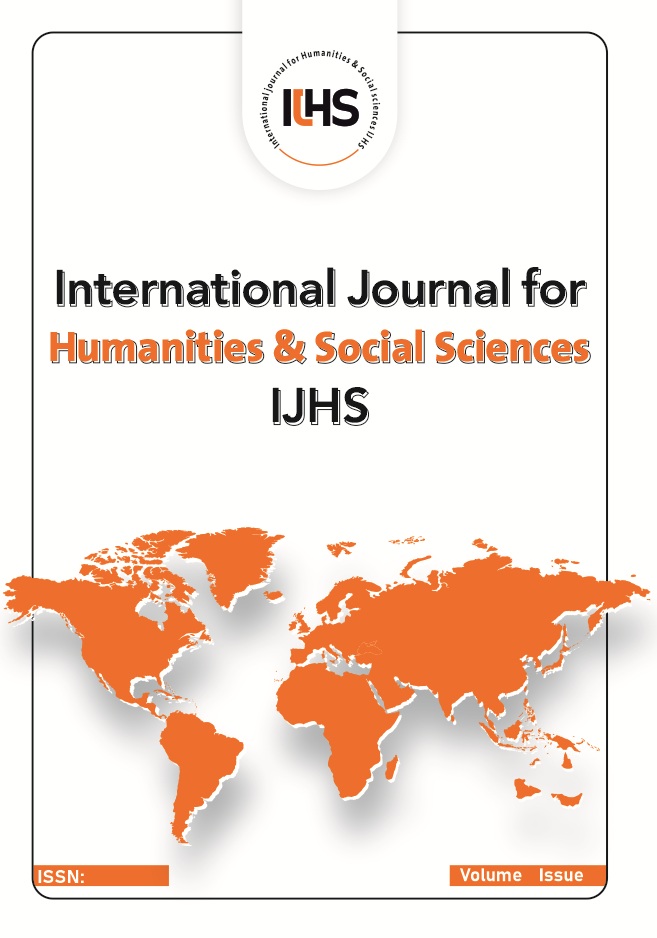Applications of the Internet of Things in Accounting Information Systems: An Analytical Study of Fixed Asset Management in In the Arab Gulf states
محتوى المقالة الرئيسي
الملخص
This research explores the transformative applications of the Internet of Things (IoT) in Accounting Information Systems (AIS), with a particular emphasis on fixed asset management IoT is rapidly disrupting traditional accounting practices by introducing real-time data collection, predictive analytics and automation The study delves into how IoT technologies can be utilized for fixed asset tracking, predictive maintenance and enhanced compliance with accounting standards Fixed assets, such as machinery, equipment and buildings, represent a significant portion of an organization's resources and are often challenging to manage effectively RFID tags, GPS trackers, and smart sensors are examples of IoT-enabled equipment., provide unprecedented visibility into asset usage, location and condition. By integrating IoT into AIS, businesses can reduce costs associated with asset downtime, improve decision-making through real-time insights and ensure a higher level of accuracy in financial reporting However, the study also sheds light on challenges, including the high initial costs of IoT implementation, data security risks and integration complexities The findings of this resea.rch aim to provide a framework for organizations to harness the potential of IoT in optimizing fixed asset management Additionally, Future trends that could further transform AIS are covered in the report, including the confluence of blockchain, artificial intelligence (AI), and the Internet of Things (IoT). This study adds to the expanding corpus of research on the use of IoT in accounting, offering both theoretical insights and practical recommendations for businesses aiming to modernize their systems.
تفاصيل المقالة

هذا العمل مرخص بموجب Creative Commons Attribution 4.0 International License.
International Journal for Humanities and Social Sciences (IJHS) is licensed under the http://creativecommons.org/licenses/by/4.0, which allows users to copy, create extracts, abstracts, and new works from the article, alter and revise the article, and make commercial use of the article (including reuse and/or resale of the article by commercial entities), provided the user gives appropriate credit (with a link to the formal publication through the relevant DOI), provides a link to the license, indicates if changes were made, and the licensor is not represented as endorsing the use made of the work. The authors hold the copyright for their published work on the IJHS website, while IJHS is responsible for appreciate citation of their work, which is released under http://creativecommons.org/licenses/by/4.0, enabling the unrestricted use, distribution, and reproduction of an article in any medium, provided that the original work is properly cited.

